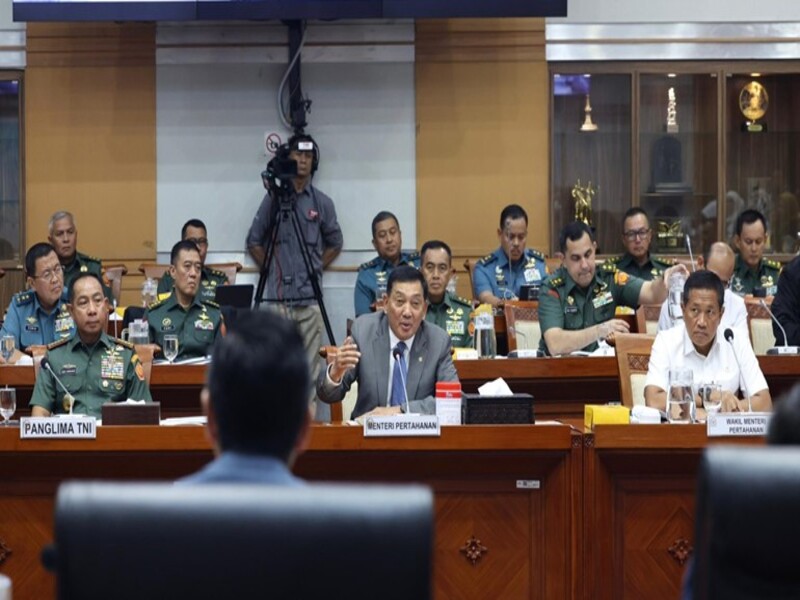Independent Report – U.S. Secretary of State Marco Rubio recently addressed a growing concern in the digital age: artificial intelligence (AI) impersonation. Marco Rubio confirmed that an individual had used an AI-generated voice to pose as him and contact foreign officials. In response, he emphasized that he consistently uses official communication channels to avoid falling victim to such deceptive tactics.
The incident came to light through a diplomatic cable obtained by Reuters. According to the document, the impersonator contacted three foreign ministers and two U.S. officials in June. The individual used the Signal messaging app and even left voice messages for at least two of the recipients. In one case, a text message was used to invite a foreign official to continue the conversation on Signal.
Early Signs of Impersonation After Marco Rubio Took Office
While visiting Malaysia, Rubio spoke to the media about the impersonation case. He mentioned that not long after becoming Secretary of State on January 21, several foreign ministers had contacted the U.S. State Department to verify suspicious messages they had received. These ministers asked whether Rubio had recently sent them text messages, prompting early concerns of attempted impersonation.
Also Read : Faith Over Fear: Haitian Immigrants Resist Deportation
Rubio described these incidents as part of a broader reality shaped by advancing technologies. He pointed out that AI now allows bad actors to replicate a person’s voice using only a short recording. This technology, although impressive, presents serious risks when misused. Rubio warned that these impersonations are likely to continue and affect others in high-level positions, not just him.
He explained that he prefers to rely on secure and official channels when communicating with international counterparts. This practice, he said, is a safeguard against digital impersonation. He expressed concern not only about himself being impersonated but also about the people being targeted by the fake communications. The real danger, he noted, lies in how recipients respond to such fraudulent messages and what sensitive information may be shared as a result.
AI Technology Makes Deception Easier
Rubio further noted that AI-driven scams are becoming more sophisticated. It is no longer necessary for imposters to physically resemble or even convincingly act like the person they’re mimicking. A short clip of someone’s voice can now be enough to create realistic audio fakes. He called this one of the most difficult challenges presented by modern artificial intelligence.
The diplomatic cable revealed more troubling details. The impersonator also targeted a U.S. governor and a member of Congress. These attempts demonstrate that political figures are increasingly at risk of such high-tech scams. In at least one case, a voicemail was used to try and establish further contact, showing the calculated efforts behind the impersonation.
This is not the first time digital communication has led to security concerns in U.S. politics. Back in March, a group chat created by President Donald Trump’s then-national security adviser, Mike Waltz, mistakenly included a journalist. The group chat was hosted on Signal, the same app used in the impersonation case. Sensitive information about military actions in Yemen was reportedly shared in that chat, highlighting just how easily information can be leaked or misused in private messaging platforms.
The Future of Security in the Age of AI
Rubio concluded his statement by stressing the need for caution in the digital space. He encouraged public officials and their teams to remain vigilant and to confirm any unusual messages or calls through verified and secure channels. He also suggested that government agencies and international partners work together to create guidelines and protections against AI-related fraud.
As artificial intelligence becomes more accessible and advanced, so do the threats associated with it. Incidents like this highlight the urgent need for updated policies, awareness, and technological safeguards to protect both individuals and institutions from misuse. The challenge, according to Rubio, is no longer theoretical it is already here.
Also Read : Recommended Healthy Drinks to Boost Children’s Brain Power




